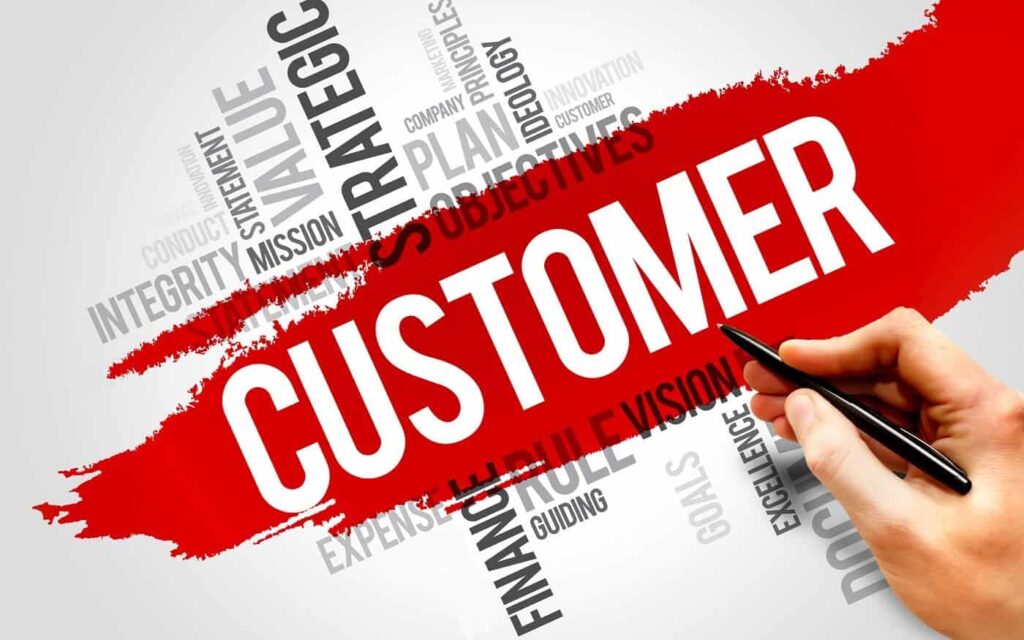The hospitality industry thrives on delivering customer service, which is not only a goal but an absolute necessity. Leaders, within this industry hold a role in shaping the customer experience. Below are some insights for leaders in the hospitality sector to enhance their customer service;
1. Empower Your Team;
Leaders should empower their team members by granting them the authority to make decisions on the spot. This not expedites the resolution process. Also makes customers feel valued and appreciated. When employees feel trusted and empowered they are more likely to go and beyond to ensure customer satisfaction.
2. Lead by Example;
Leadership goes beyond giving orders; it involves setting a precedent through actions. By prioritizing customer service and displaying an attitude leaders can inspire their team members to follow suit. Employees often mirror the behavior of their leaders so it is crucial for leaders to embody the values of customer service.
3. Continuous Training;
Given that the hospitality industry’s evolving it is essential to keep up with changing trends and evolving customer expectations regarding service quality. Regular training sessions, for staff members help ensure that everyone remains updated on standards while equipping them with the skills to cater to diverse customer needs effectively. Leaders should invest in training programs to keep their team sharp and consistently focused on delivering service.
4. Creating a customer culture;
Establishing a customer culture begins with the leadership. Leaders should promote a mindset that prioritizes the customer in every decision making process. This means not responding to customer complaints but also actively seeking feedback and using it as a means to continuously improve services.
5. The Importance of Personalization;
Delivering customer service goes beyond providing a one size fits all experience. Leaders should encourage their teams to personalize interactions, with customers. It could be as simple as remembering and using a guests name or understanding their preferences. Such personalization fosters a connection. Makes customers feel valued.
6. Strategic Adoption of Technology;
While technology can enhance efficiency it should never replace interactions entirely. Leaders should invest in technology that streamlines processes while allowing staff members to focus on building relationships with customers. Striking the balance between automation and personalized service is crucial.
7. Handling Complaints Professionally;
Complaints are inevitable. How they are handled can significantly impact the perception of your business. Leaders should train their teams to address complaints emphasizing finding solutions than placing blame. Transforming experiences, into ones can cultivate loyal customers over time.
By incorporating these strategies for providing customer service leaders, in the hospitality sector can cultivate a culture that goes above and, beyond customer expectations. This will help distinguish their establishments in a market.
Exceptional Customer Service; A Leadership Guide, for E commerce Success
In todays era leaders in the e commerce industry face challenges when it comes to providing top notch customer service. With face to face interactions a different approach is required. Here are some valuable insights for e commerce leaders to consider in order to deliver customer service;
1. Prioritize Accessibility;
Make it easy for customers to reach out for support whenever they need it. This means offering contact information implementing chat options and utilizing social media platforms for prompt customer inquiries. When accessibility is prioritized customers feel confident that assistance is a click
2. Invest in a User Experience;
Creating a website that’s intuitive and user friendly should be the first step in delivering an exceptional customer experience. Leaders should invest in design effortless navigation and a streamlined checkout process. By ensuring an user experience from start to finish frustrations are. The need for extensive support diminishes.
3. Proactive Communication;
Keep your customers informed every step of the way. From purchase to delivery. Implementing communication strategies like order confirmations, shipping updates and delivery notifications helps eliminate uncertainties and enhances the customer satisfaction level. Automated systems can be put into place to ensure relevant communication, with customers.
4. Data Privacy;
In todays age where cyber threats are on the rise it is crucial for e commerce leaders to prioritize the security of customer data and their privacy. It is essential to reassure customers that their information is well protected and maintain transparency by sharing the security measures in place. By demonstrating a commitment, to safeguarding data trust can be built, resulting in a customer service experience.
5. Tailored Recommendations;
Utilize data analytics to gain insights into customer preferences and behaviors. E commerce leaders should encourage their teams to offer product recommendations and exclusive promotions. This not enhances the shopping experience but also increases the likelihood of customers returning for more business.
6. Efficient Returns and Refunds;
Streamline the process for returns and refunds. E commerce leaders should establish customer policies that’re easy to comprehend. A hassle free return experience coupled with transparent refund procedures fosters trust. Encourages customers to make purchases.
7. Community Engagement;
Nurture a sense of community around your brand. E commerce leaders can engage with customers through social media platforms, online forums and interactive content. By building a community customers can connect with one another while providing avenues, for support and feedback.
By prioritizing these factors for delivering customer service, e commerce industry leaders can establish a customer focused strategy that not only fulfills the expectations of online shoppers but also fosters their loyalty and advocacy towards their brand.

David Alssema is a Body Language Expert and Motivational Speaker. As a performer in the personal development industry in Australia he has introduced and created new ways to inspire, motivate and develop individuals.
David Alssema started his training career with companies such as Telstra and Optus Communications, and then developed Neuro-Linguistic Programming (NLP) within workplace training as principal of Paramount Training & Development.
As an author/media consultant on body language and professional development David has influenced workplaces across Australia. He contributes to Media such as The West Australian, ABC Radio, Australian Magazines and other Australia Media Sources.






